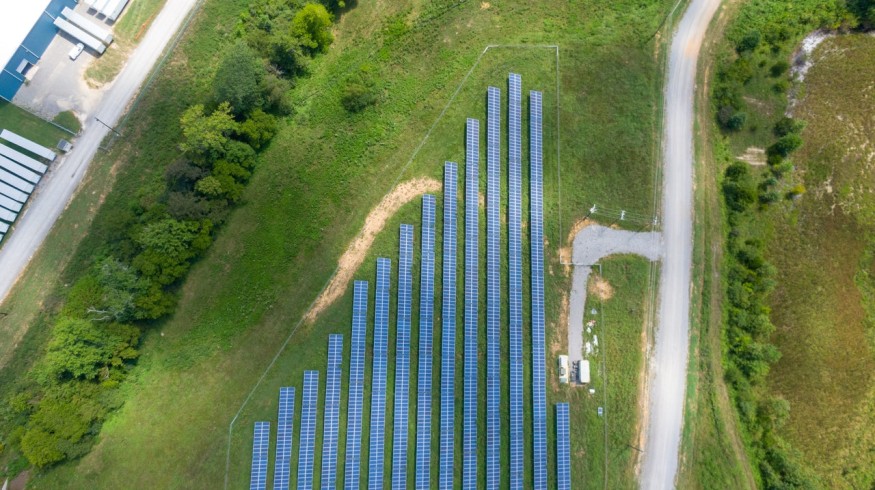Buying the most efficient solar panel is worth the price, especially if you plan to rely on solar energy as your source of power for your home. Transitioning your power supply to solar energy has many benefits that can help your household use renewable energy and contribute to reducing the threat of our changing climate. Along with the decrease of bills, you can also help in decreasing ecological pollution.
Sun Light and the Energy Efficiency of Solar Panels

Switching to solar panels is indeed an effective way to have a better lifestyle while protecting our planet at the same time. On the other hand, many are still doubtful about the sun sheets that we put on our roofs. The best way to explain how efficient solar panels are is through solar cells.
Efficiency measures the solar panel's capacity when containing sunlight that falls on its sheets, which then converts solar energy to power pieces of necessities inside our houses.
The efficiency found in the solar arrays available right now on the market increased, which was possible because of the photovoltaic technology. The initial average for solar panel efficiency used to peak at 15 percent. Today, many variants offer an efficiency of over 20 percent, meaning that 20 percent of the total sunlight the solar panels harvest through its sheet is converted purely into electricity.
According to a study published in SAGE Journals entitled "Review on recent trend of solar photovoltaic technology," there are multiple factors that make a solar panel efficient. Most commonly, there are two main groups of these factors that tell the total energy efficiency of solar panels. These groups are the efficiency of the cells throughout the panel and the efficiency of the panel sheet itself.
The solar cell efficiency depends on the structure of the individual cells and how they were scattered based on the choice of design. The usual material used for the cells, which are thin-film, monocrystalline, or polycrystalline silicon, can also bring various impacts on solar cell efficiency.
The solar panel efficiency, on the other hand, relies on the structure that connects the individual cells, the temperature threshold, and the cell types used. Solar panel efficiency is also linked to the inverter type used and the power produced by the panel system based on how the panel sheets are positioned.
Best Solar Panels with High Efficiency
The clarification of the collar panel efficiency can help many people identify the system they will get in the future. Eco Watch released a list of the most efficient solar panels that are currently available today, and here are the top 5 picks you can check:
SunPower Maxeon 3
Effeciency: 22.6%
Power: 400 W
LG NeON R
Effeciency: 22%
Power: 380 W
REC Alpha
Effeciency: 21.7%
Power: 380 W
FuturaSun FU M Zebra
Effeciency: 21.3%
Power: 360 W
Panasonic EverVolt
Effeciency: 21.2%
Power: 370 W
The efficiency of solar panels has a big impact on ecological improvement and consumerism. With sun-powered sheets, people can now take a break from supporting traditional energy plants that massively damage the ecosystem.
Along with the efficient solar panel produce, we can also look at the details regarding the battery bank and the caliber of the overall panel architecture.
RELATED ARTICLE : Experts Issue New Health Warning For Millions Of iPhone 12 Users
Check out more news and information on Technology in Science Times.
© 2026 ScienceTimes.com All rights reserved. Do not reproduce without permission. The window to the world of Science Times.











